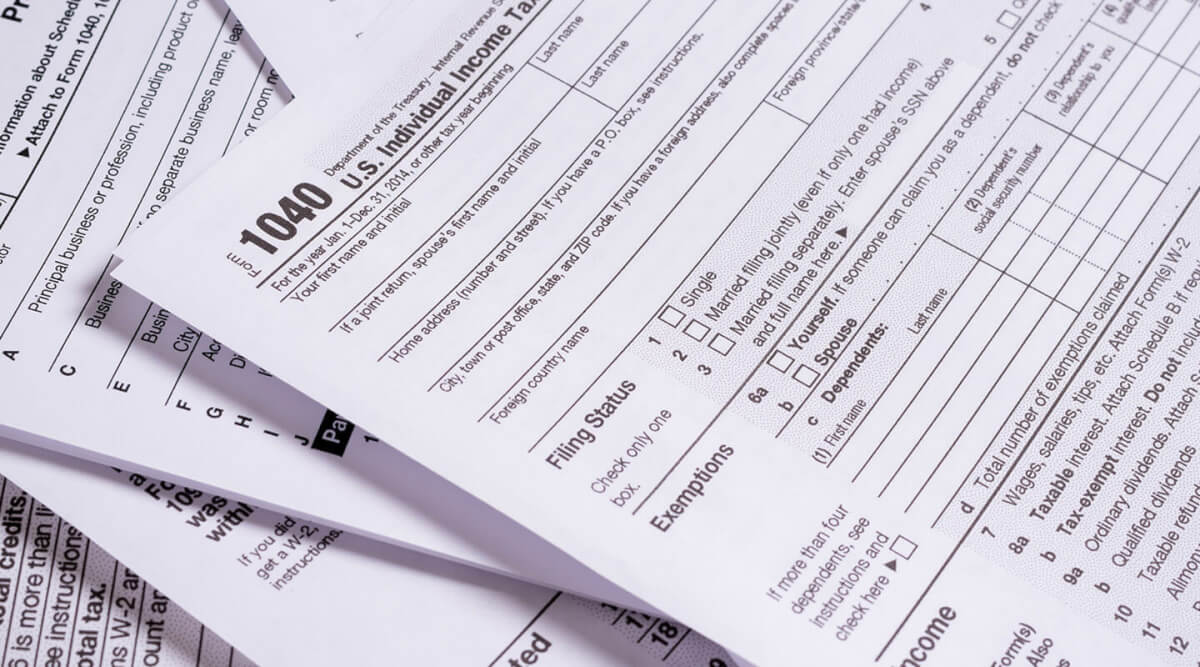Moving to Turkey from the UK: Complete guide
Everything you need to know about moving to Turkey from the UK. Read about visas, popular expat destinations, healthcare and more.

Residing in one country while still running some financial affairs in another can cause a heap of tax complications. If you are retiring abroad and planning on renting out your old property in the UK, or claiming any income or pension there, then you should definitely read on! We’ve put together a short overview of the main issues - but make sure you consult a tax specialist to talk about your individual situation if you have any concerns, or if your position is not straightforward.
This entirely depends where you are moving to, and what you are leaving behind in the UK. Some countries have “double taxation relief” with the UK, meaning that you do NOT have to pay tax on the same income - i.e. if you are renting your old property in the UK out to pay for the mortgage in your new country, you will only pay taxes on that rental income in the UK and not in your adopted country. Some countries however do not, and you would be liable for tax on the same income in both countries. The HMRC website has further information on whether you need to pay tax in the UK on income you make abroad and a full list of tax treaties broken down by country as well (including whether they have a double taxation agreement).
Income on your savings is normally taxed in your country of residence - and even tax-free savings such as ISAs might be liable to tax once you have left the UK. However, each country also offers its own equivalents, so speak to your new bank about those. Remember, you can cut down on bank transfer fees between your UK bank and the bank in your new country of residence by using a service such as Wise, which can save you on bank charges.
Many retirees move abroad, intending to sell up in the UK once they are settled - but be aware that you may well still be liable for Capital Gains Tax on the sale of that property. If you end up moving back to the UK after registering as a non-resident, you might have to pay tax on the assets you owned before leaving - even if you have paid tax on the gains in the country you moved to. Bear in mind however, that any relevant double taxation agreements would also kick in at this stage.
If you are considered to still have UK domicile status then you are still going to be liable for inheritance tax if your estate is worth over £325,000. Being classified as a non-resident is not the same as not being domiciled in the UK. If you do have non-domiciled status then only your UK assets will be taxed under inheritance tax.
The first thing you need to do is inform the HMRC that you are moving abroad. They need to know if you are either leaving the UK to move abroad permanently, or working abroad for at least one full tax-year (which runs 6th April to 5th April) Take a look at the relevant section of the HMRC website to download the correct forms.
Tax can be an incredibly complicated issue, and dealing with it correctly can cause a huge variance in your income - so it is always worth speaking to a specialist. Take a look at our other useful guides to help you understand the implications of retiring abroad on your financial situation, and your pension.
*Please see terms of use and product availability for your region or visit Wise fees and pricing for the most up to date pricing and fee information.
This publication is provided for general information purposes and does not constitute legal, tax or other professional advice from Wise Payments Limited or its subsidiaries and its affiliates, and it is not intended as a substitute for obtaining advice from a financial advisor or any other professional.
We make no representations, warranties or guarantees, whether expressed or implied, that the content in the publication is accurate, complete or up to date.

Everything you need to know about moving to Turkey from the UK. Read about visas, popular expat destinations, healthcare and more.

Everything you need to know about moving to Costa Rica from the UK. Read about visas, popular expat destinations, healthcare and more.

Everything you need to know about moving abroad from the UK. Read about visas, popular expat destinations, financial planning and more.

If you are travelling from the UK to China soon, whether to visit family and friends or for business, you may need an invitation letter from your host. This...

Explore the pros and cons of living in Andorra as a UK expat, including facts about the country, the best places to live in Andorra and more.

A guide on how to write an invitation letter for a US visa, covering the format and essential details to include.